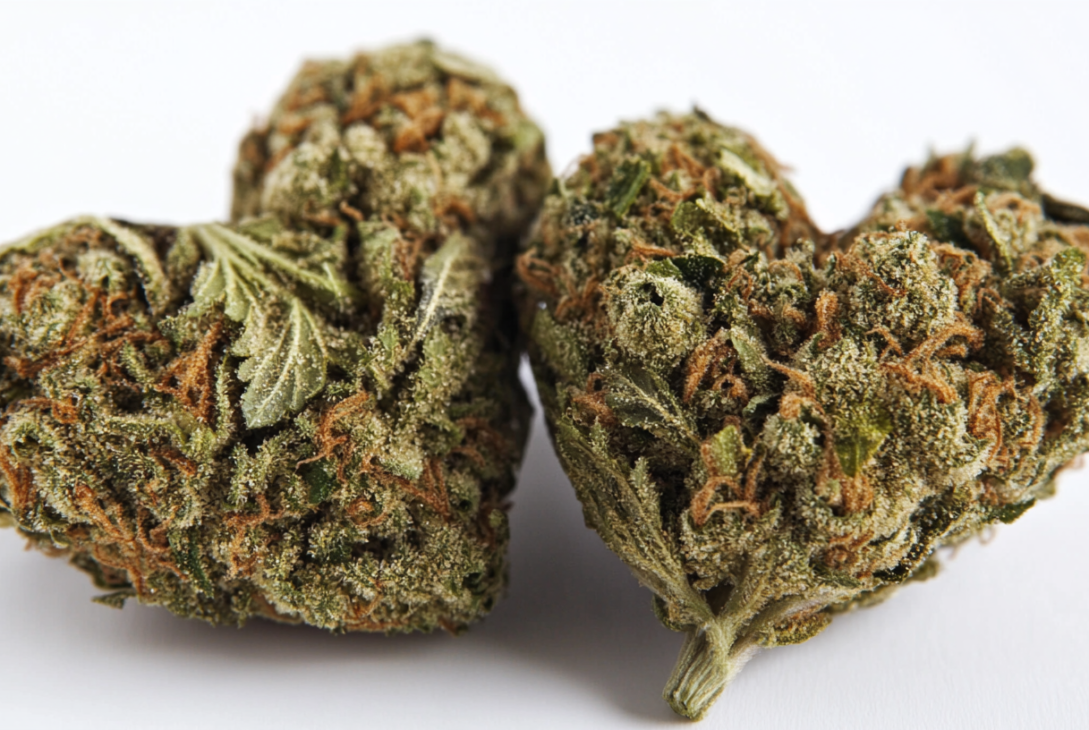In recent years, a growing body of research has illuminated the potential health benefits of cannabidiol (CBD), particularly regarding cardiovascular health and hypertension. As heart disease remains the leading cause of death in the United States, understanding how CBD can support a healthy cardiovascular system is more essential than ever. This article delves into the intricacies of CBD’s impact on cardiovascular health, exploring how it can help manage hypertension and improve overall heart health based on the latest scientific findings.
CBD and Cardiovascular Health
The heart is a resilient organ, but it is also susceptible to stressors that can lead to serious health issues, including inflammation, high blood pressure, and cardiac ischemia. One of the ways CBD shows promise is its ability to tackle these problems by harnessing its inherent properties.
Anti-Inflammatory Properties
CBD is well-known for its strong anti-inflammatory capabilities. This compound interacts with receptors in the body that regulate inflammation and pain, effectively reducing inflammatory responses. Studies suggest that CBD may provide a better anti-inflammatory effect compared to traditional aids like Vitamin C and Omega-3 fatty acids. This anti-inflammatory action has implications for cardiovascular health, as excessive inflammation is linked to various cardiovascular diseases.
For instance, research indicates that CBD can help mitigate autoimmune myocarditis—an inflammatory condition affecting the heart muscle. By helping to lower oxidative stress and stabilize cell membranes, CBD might alleviate pain and discomfort commonly associated with heart-related ailments, all without the side effects seen with many over-the-counter anti-inflammatory medications.
Improving Stroke Recovery
In the unfortunate event of a heart attack or stroke, the potential for recovery can be significantly affected by the damage to heart tissues. Research conducted with animal models suggests that CBD might aid in recovery after such events. A noteworthy study found that rats administered CBD experienced a 66% reduction in dead tissue following a heart attack. This vital insight raises hopes for human applications, indicating that CBD may help protect the heart and enhance recovery post-cardiac incidents.
Lowering Blood Pressure
High blood pressure is a significant risk factor for cardiovascular disease. CBD may hold potential in managing this condition by promoting vasodilation, or the widening of blood vessels, which helps improve blood flow. In a landmark study, researchers discovered that individuals who consumed CBD showed a notable reduction in both systolic and diastolic blood pressure. By promoting better circulation, CBD can be a beneficial addition to holistic approaches to cardiovascular health.
CBD and Hypertension
Hypertension, or chronic high blood pressure, impacts millions of individuals, increasing their risk for heart disease and stroke. Addressing hypertension is crucial for maintaining heart health, and recent studies have explored how CBD may offer relief.
Chronic Administration Benefits
A 2023 study assessed the effects of chronic CBD administration on blood pressure levels and arterial stiffness in hypertensive patients. After 2.5 weeks of treatment, patients reported a significant decline in average 24-hour blood pressure. The results highlighted not only the effectiveness of CBD in managing hypertension but also its long-term viability as a treatment option. Importantly, participants did not experience any serious side effects, signaling that CBD might be a safe addition to hypertension management strategies.
Safety and Tolerability
When considering any supplement, safety remains paramount. The research supports CBD’s safety profile, with participants showing no adverse liver enzyme changes or serious complications, which is encouraging for individuals who may be hesitant about introducing a new compound into their healthcare routine. This emphasis on safety makes CBD an intriguing option for those battling hypertension.
CBD and Heart Disease
Heart disease encompasses a range of conditions that affect the heart, including coronary artery disease, arrhythmias, and heart failure. Understanding how CBD influences these conditions is essential for developing comprehensive treatment methods.
Reducing Cardiac Ischemia
Cardiac ischemia occurs when the heart doesn’t receive enough blood, leading to complications such as chest pain or heart attacks. Initial studies reveal that CBD may help counteract the stress and inflammation that contribute to ischemia. By potentially lowering reactive stress levels, CBD may usher in a new avenue for treating and preventing heart disease.
Need for Clinical Trials
While the evidence generated from preclinical research shows promise, the need for rigorous clinical trials remains. Much of the existing data relies on animal studies, and human clinical trials are essential for confirming these findings. Future studies could help establish definitive guidelines and recommendations for CBD use in heart disease treatment.
Safety Considerations and Interactions
As with any health supplement, it’s crucial to approach CBD with caution, especially for individuals on other medications.
Consultation with a Doctor
Before beginning any CBD regimen, it is vital to consult a healthcare professional. CBD can interact with various drugs, particularly blood thinners, anti-epileptics, and immunosuppressants. These interactions arise from CBD’s competition for liver enzymes responsible for metabolizing these medications, potentially leading to elevated drug levels in the bloodstream and, consequently, adverse effects.
Side Effects and Liver Health
Though generally well-tolerated, CBD can cause side effects such as nausea or fatigue. Additionally, high doses might lead to irregularities in liver function tests, echoing concerns often associated with over-the-counter medications. Regular monitoring of liver health is advisable for frequent users of CBD.
Conclusion
The potential benefits of CBD in supporting cardiovascular health cannot be overlooked. From its anti-inflammatory properties to its ability to lower blood pressure, CBD represents a promising avenue for managing hypertension and promoting heart health. However, while the evidence is compelling, it is crucial to approach CBD use thoughtfully and consult with healthcare providers to ensure safe and effective integration into health plans.
Actionable Tips
- Consult Your Doctor: Always discuss starting CBD with your healthcare provider, especially if you’re using other medications.
- Choose High-Quality Products: Make sure to source CBD from reputable manufacturers to guarantee safety and potency.
- Monitor Your Health: Keep an eye on critical health indicators like blood pressure and liver function while using CBD.
- Stay Informed: Engage with ongoing research to keep abreast of new insights and recommendations regarding CBD for cardiovascular health.
By weaving CBD into a holistic health strategy under medical guidance, individuals can find supportive tools on their journey toward better cardiovascular wellness.




















